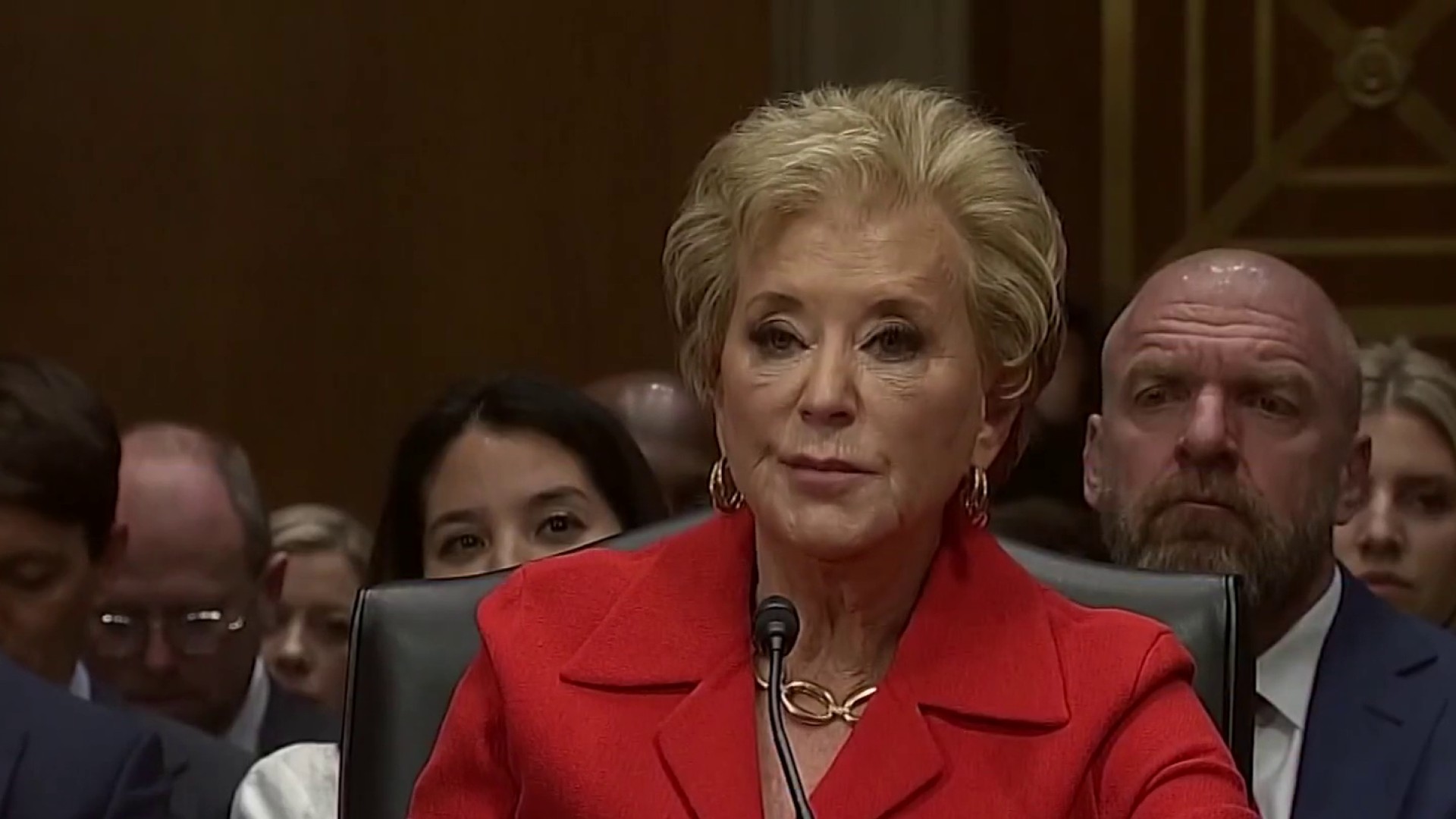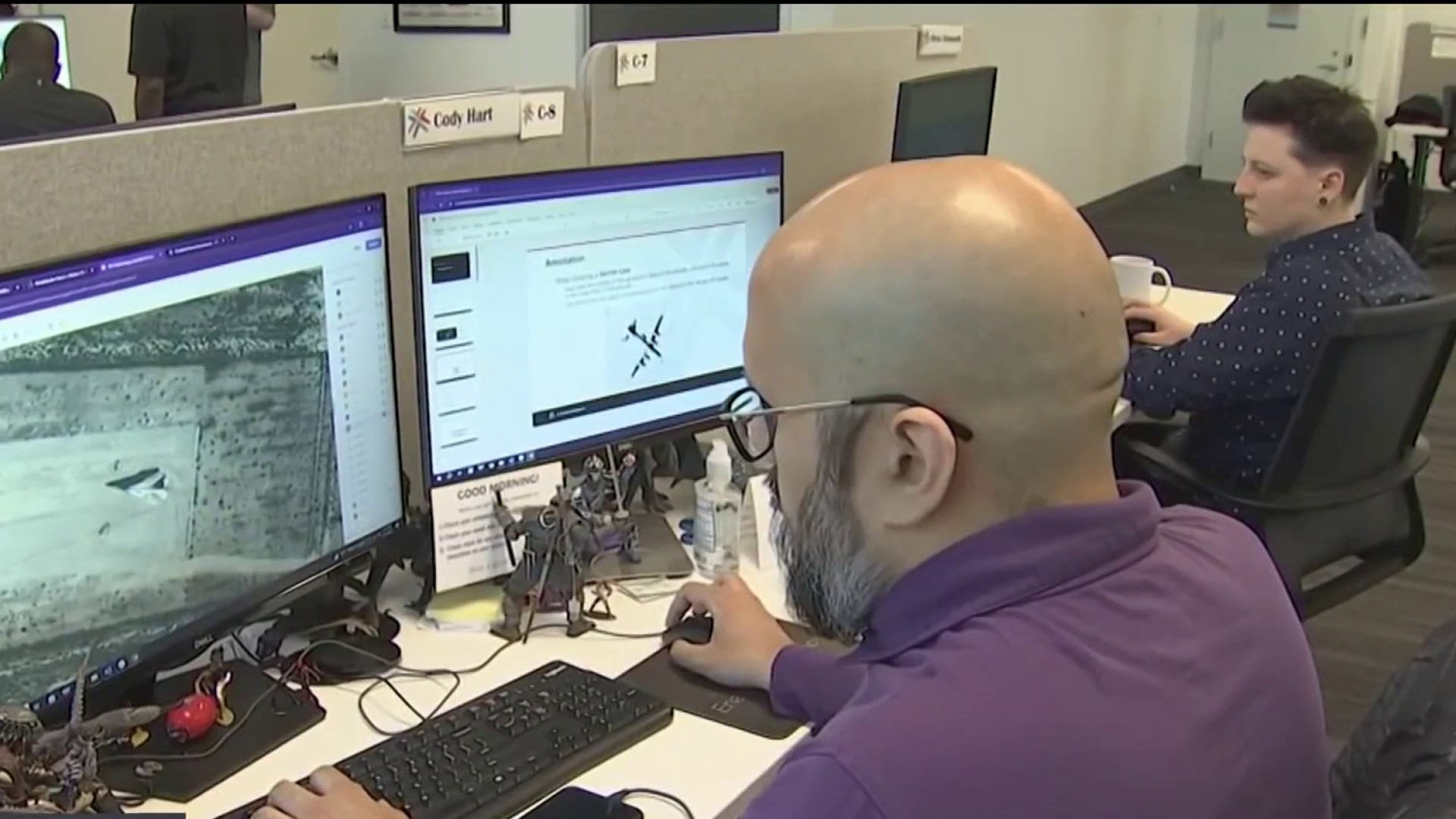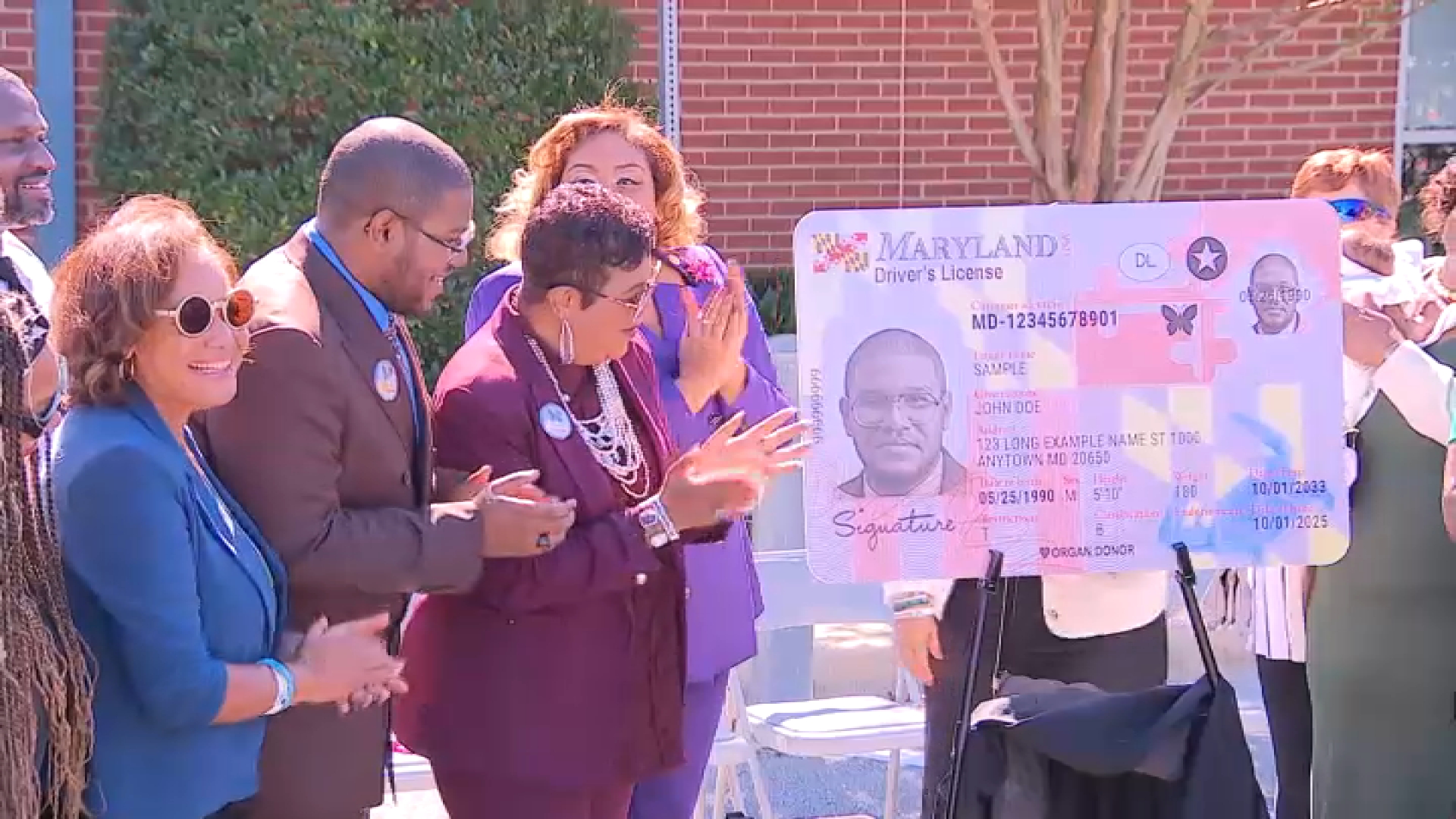AI glasses let users take videos, stream music and capture everyday moments. For people who are blind and visually impaired, they can be a lifeline.
A native Washingtonian declared legally blind at birth showed News4 how the glasses are changing her life.
Chrichelle Brown is fiercely independent. She rides Metro, takes the bus and shops for groceries. On her own, she can see people and objects but not details. Using AI glasses, she has access to a lot more.
Originally designed for streaming and capturing video, members of the blind community quickly discovered another use. With a simple voice command, the glasses’ built-in camera, microphone and speakers let users talk with an AI assistant that can identify objects, read text and describe surroundings.
“It changes a lot. I’m even able to get descriptions. As I mentioned, I don’t see detail, so being able to ask, ‘Hey Meta, what’s in front of me?’ — it can give me extreme detail, up to what someone’s design is on their shirt,” Brown explained.
Without the glasses, she could see a reporter’s shadow. With them, she knew she was wearing a white sweater and light-colored pants and has blonde hair and light eyes.
Brown teaches others how to use AI glasses at Columbia Lighthouse for the Blind in Silver Spring. Her three-day monthly seminar is free to the community.
On the day News4 met with her, she invited us along as she and a student, Rose, headed to Starbucks. Brown showed Rose how to ask Meta to read the menu. The glasses instantly described the options out loud. It was a small moment that symbolized something much bigger: independence, as she often had to rely on others for help.
The glasses connect to a free app called Be My Eyes, which recently partnered with Meta. It links users to millions of volunteers around the world who can see what they can’t, providing real-time, audible feedback.
“I use them for a lot of things. I use them to sometimes help me pick out certain clothes if I think I want them to match a certain way,” Brown said. “If I’m at the store and they can’t find a representative, I will use Be My Eyes to get a volunteer to help me find the specific items at a grocery store.”
She said she’s careful not to rely on AI alone.
“Hey, Meta: How many steps?” Rose asked Brown. “What if this thing tells me there are no steps but there is steps?”
Brown told her to hold on to the railing.
“I always tell people that, you know, when I’m teaching a class, that these glasses are meant to enhance your independence but not replace the services and the knowledge that you have gained from taking the other classes,” she said.
Meta said its goal is to make the glasses more accessible. As the technology improves, advocates hope they’ll continue breaking barriers for people who are blind or visually impaired.
Sign up for our free deep-dive newsletter, The 4Front, to get standout News4 stories sent right to your inbox. Subscribe here.
Want more insights? Join Grow With Caliber - our career elevating newsletter and get our take on the future of work delivered weekly.


